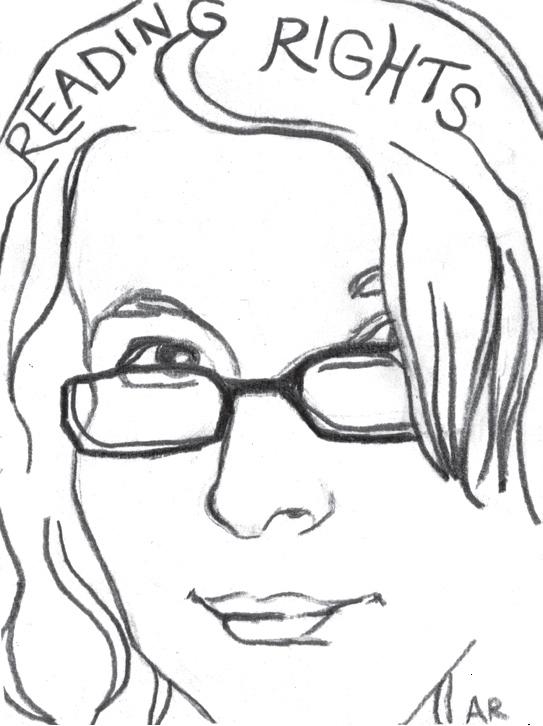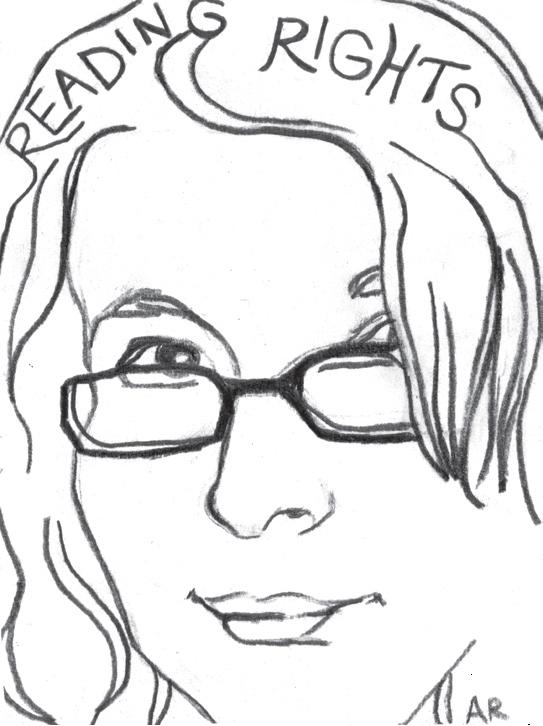
(Drawing by Annie Raccuglia)
Over the past weeks, collective bargaining rights of public sector employees have been challenged by Governor Scott Walker’s budget repair bill. Many are protesting, and the entire situation has provoked the single most interesting exchange that Lawrence’s webmail has seen in the years that I’ve been here.
I understand and am sympathetic to the concerns that this bill might lead the way to more states following suit and that it can severely impact the way teachers are paid. What concerns me, though, is that we are rarely up in arms about anything, and this particular concern is just as pressing as some issues that are currently threatening to become major problems on a national level, too.
PBS and NPR might soon lose federal funding. Regardless of your political leanings, you probably watched PBS after school, especially if you didn’t have cable. It didn’t matter then that the federal government was providing funding for some of our favorite TV shows because we didn’t understand what that meant. And quite frankly, I assume it still doesn’t matter to children.
The same goes for when my elementary school’s music program was cut. I didn’t care who was responsible; I was just angry. I was also too young to remember if anyone did stand up for my right to learn to play a clarinet. I’m sure someone grumbled about it about as loudly as I’m grumbling right now.
We’re at the point where we’re half children and half adults, and thoughts of income and benefits are weighing heavy on our minds, but I think we should take a moment to think about Arthur the aardvark or the episode of NOVA about string theory. PBS was the channel that close to doubled the amount of time I spent learning, and before you retort by reminding me that there are jobs and livelihoods on the line for the teachers being threatened right now, remember that PBS also employs its fair share of people.
And what is perhaps more pressing is that we care a whole ton about how much teachers are getting paid, but we don’t care about what they’re teaching. When humanities programs are on the brink of being downsized and cut, there is no uproar even though the amount of people affected is perhaps almost as large.
When in a speech a politician tells us that we should all put an emphasis on technical training, on math and on science, we don’t yell, “What about us?” How will we live in a world that consistently marks our liberal arts education as rather frivolous, as something that might leave us jobless and alone?
Legislators want to cut spending and balance a budget so they turn to education, and regardless of whether it is an attack on collective bargaining or funding, they are undervaluing a student’s right to a stable and effective education. We’re not really the underdog in this situation, but I can’t help but feel that the reason we’re in this mess has something to do with people not valuing education in the first place.

